RSP Scholars Cohort 4 (2024-2025)
2024-25 RESEARCH SCHOLARS (COHORT 4)
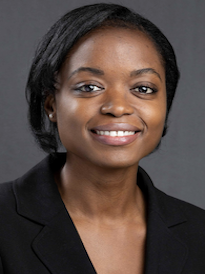
Mautin Barry-Hundeyin
College of Medicine
Research interests: Leveraging innate immune networks to reverse resistance to check-point based immunotherapies in pancreatic and gastric cancer.
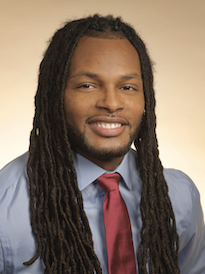
Cheavar Blair
College of Medicine
Research interests: The use of human induced pluripotent stem cell – derived cardiomyocytes to study the impact of cancer drugs, inherited mutations, and altered circadian rhythms on the mechanical function of the heart.

Aubrey Jones
College of Social Work
Research interests: Health equity for women and families, focusing on access to mental & physical healthcare for new mothers and rural families. Improving social worker outcomes in rural communities.
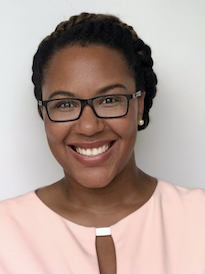
Erica Littlejohn
College of Medicine
Research interests: Childhood maltreatment’s impact on the risk and progression of cognitive impairment and dementia across the lifespan, as well as the mechanism(s) driving its neuropathology.
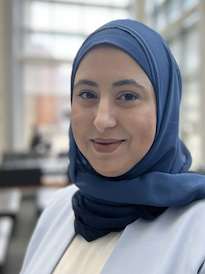
Hend Mansoor
College of Pharmacy
Research interests: Identifying factors and disparities associated with poor medication adherence and risk factor control among patients with cardiovascular disease and stroke. Designing targeted interventions and prediction tools to improve clinical outcomes among these high-risk individuals.
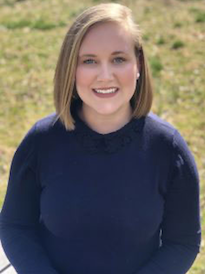
Jessica Thompson
College of Nursing
Research interests: Guideline-directed medication therapy in heart failure, particularly looking at gender differences and systematic implementation issues. Supplemental interests include end-of-life attitudes and beliefs related to patients with a cardiac device.